Post-Assad Syria far from achieving stability due to external meddling: Analyst
By Alireza Hashemi
The post-Assad Syria is far from achieving stability, weighed down by heavy interference from international and regional players with conflicting agendas and the lack of legitimacy of the Hayat Tahrir al-Sham (HTS) militant group, according to an Iranian analyst.
Speaking to the Press TV website, Seyyed Hadi Seyyed Afghahi, an analyst of West Asia affairs, said that based on his understanding of the region Syria will not find peace anytime soon or easily.
He noted that many militant groups are operating in the Arab country, which raises the possibility of a civil war.
“Over thirty militant groups are operating in Syria, many of which have irreconcilable differences. For instance, while Abu Mohammad al-Julani has consolidated power, factions in eastern Syria continue to fight against his forces,” he stated.
Afghahi described Julani as a puppet of foreign powers, who is incapable of making independent decisions.
“Julani lacks legitimacy among Syrians and is dependent on foreign players. It’s clear he cannot manage the Syrian crisis or establish a government. In fact, it’s possible that the Americans or Israelis could eliminate him during the transitional phase,” he said.
The crux of Syria’s instability, according to the West Asia affairs analyst, lies in the conflicting agendas of external players.
“The US, Russia, Turkey, and the Israeli regime all have their own interests in Syria, and these interests often clash. For instance, while Western nations might favor a secular pro-Western central regime, Turkey and Qatar are less likely to support such an arrangement,” he remarked.
Iran's Foreign Ministry spokesman Esmaeil Baghaei has called for the protection of Syria's sovereignty, emphasizing that Syrians should determine their country's future without foreign interference. pic.twitter.com/HfdaSoWauF
— Press TV 🔻 (@PressTV) December 23, 2024
“Meanwhile, many Arab countries, including Jordan, strongly oppose the establishment of a religious government in Syria due to fears of extremist influence.”
Afghahi suggested that partitioning Syria or establishing a confederation could be potential solutions, but such a plan might also be thwarted by foreign actors.
“A canton system, similar to Switzerland, with a central government granting regional autonomy, could work—provided the rights of all groups are respected. However, such a plan may face opposition from external actors. For example, if Israel accepts a future Syria that supports Hamas,” he noted.
“The situation is highly complex, and no one can predict Syria's future with certainty. Will it descend into civil war? Will it be fragmented or not? We have to wait for now.”
‘Syrians worried and angry’
The Tehran-based analyst emphasized the widespread frustration among Syrians over the ongoing instability and the repeated attacks by Israel following the dramatic fall of Bashar al-Assad’s democratically-elected government.
“Many Syrians are deeply worried and angry about their situation. Groups aligned with the Zionist regime have remained silent about the brutal bombings devastating Syria, exposing their complicity. These groups have probably promised the US and Israel that they will safeguard their interests as long as they are allowed to remain in power, regardless of the destruction inflicted on Syria,” Afghahi stated.
Israeli's role in Syria's regime change@VanessaBeeley analyzes Israel’s long-standing strategy for regime change in Syria, spanning from the pre-2011 era to Assad’s ousting.
— Press TV 🔻 (@PressTV) December 18, 2024
Follow Press TV on Telegram: https://t.co/B3zXG74hnU pic.twitter.com/AaG0786DRm
Despite the grim outlook, the analyst believes that a popular resistance against foreign-backed militants could emerge in the Arab country, though it would take time.
“Resistance might need to incubate and build capacity through armed struggle, civil disobedience, or media efforts. But this won’t happen overnight,” he remarked.
Reasons behind Assad’s fall
The analyst attributed the “sudden and astonishing” collapse of the Assad government in Syria to three key factors, with US involvement being the main factor.
“First, there were domestic issues. Over 13 years of escalating US pressure beginning in 2011 played a significant role. The US mobilized 73 countries and deployed forces into Syria. Although their initial plan failed with the defeat of ISIS (Daesh), the US adjusted its strategy and waited for the right moment to strike again,” he stressed.
Afghahi added that Syria’s armed forces were severely weakened over the years.
“By the time Syria attempted to rebuild its military, the US imposed crippling Caesar sanctions, creating enormous economic pressure. Assad couldn’t manage both the military and society under such conditions. The army became fatigued, and the population—devastated by economic hardship—grew increasingly dissatisfied.”
At the regional level, Turkey revived and mobilized militant groups for use at an opportune moment.
Explainer: The unauthorized US presence in Syria exposed lies about troop numbers, revealing its true aim was aiding, not fighting, terrorists. pic.twitter.com/mKy4KzXYJe
— Press TV 🔻 (@PressTV) December 21, 2024
“When Lebanon announced a 60-day ceasefire with Israel, the US, Israel, and Turkey saw it as a golden opportunity to coordinate an attack on Syria and finish the job,” he said.
The betrayal of Syrian military commanders also played a role in Assad’s fall.
“When operations led by al-Julani began in Aleppo, Syrian forces abandoned their posts and fled. This wasn’t just due to the army’s weakness but also due to the betrayal of high-ranking commanders who were bought off by Qatar, the UAE, and Saudi Arabia using tactics similar to those employed against Saddam Hussein in Iraq,” the analyst noted.
Lastly, political leadership’s missteps further undermined the Assad government.
“Iran repeatedly warned Assad of looming threats, but he dismissed these warnings. Arab countries also offered to rebuild Syria if Assad distanced himself from Iran and the Resistance Axis. This led to a slight distancing that weakened Syria’s alliances at a critical time,” he said.
As a result, when the war on Aleppo began and Iran voiced its readiness to help Syria in the face of terrorism resurgence, Assad was not convinced and rejected Iran’s offer.
Afghahi pointed out that Russia also played a problematic role during these critical days.
“From the outset of the crisis, Russia pursued a dual strategy. While wanting to maintain its presence in Syria, it sought to limit Iran’s influence while also aiming to interact with both Israel and the US,” he said.
VIDEO | Kashmir prepares for Ramadan as holy month approaches
VIDEO | Two years on: Families plead for abducted Gaza doctors' release
VIDEO | Up to 4,000 children lost limbs in Gaza war, now trapped without prosthetics
Iran FM arrives in Geneva for next round of indirect talks with US
Israeli strike in eastern Lebanon kills four
Six top Trump administration officials appear in Epstein files
VIDEO | Little short-term gain for US in striking Iran
VIDEO | Israel escalation and 'Board of Peace' meeting


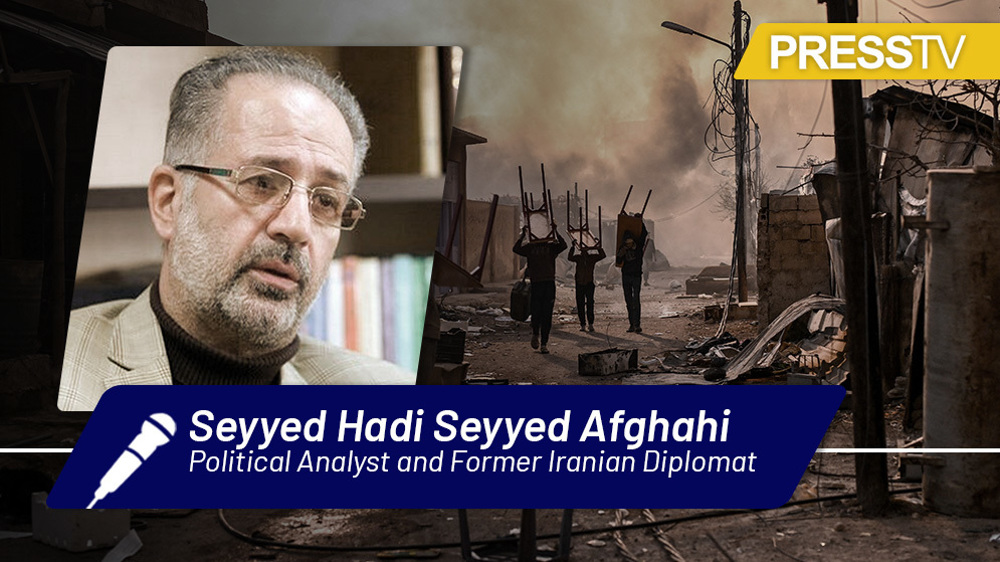
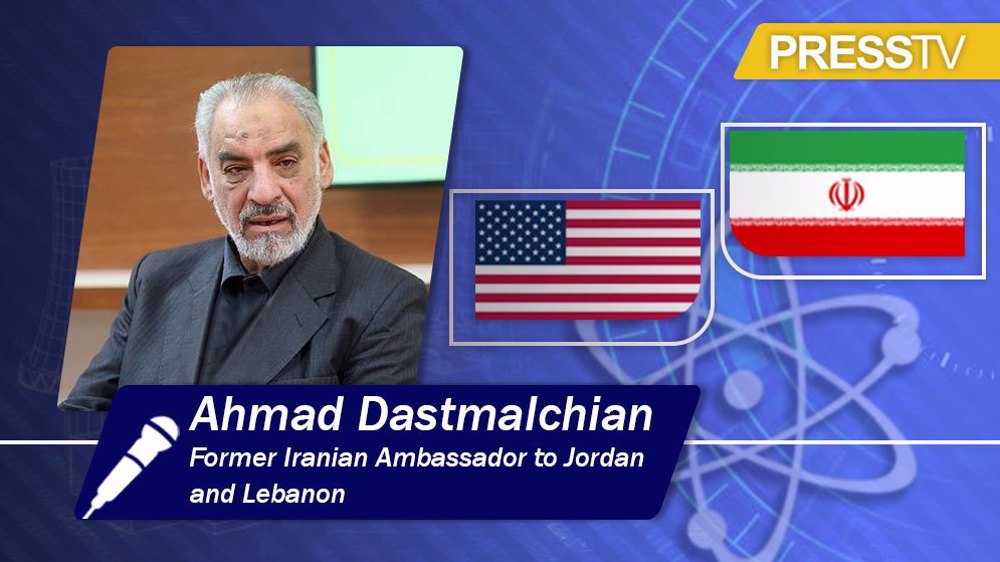
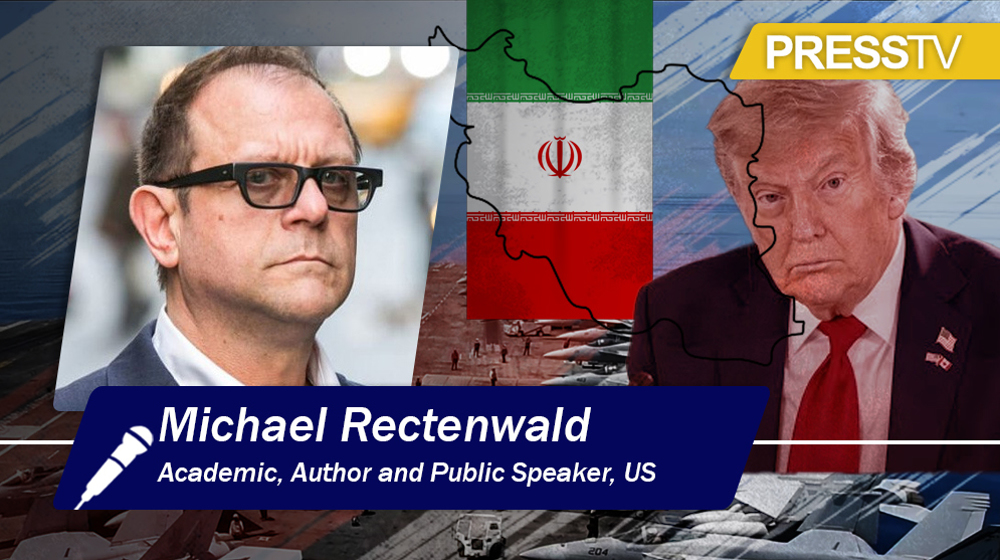
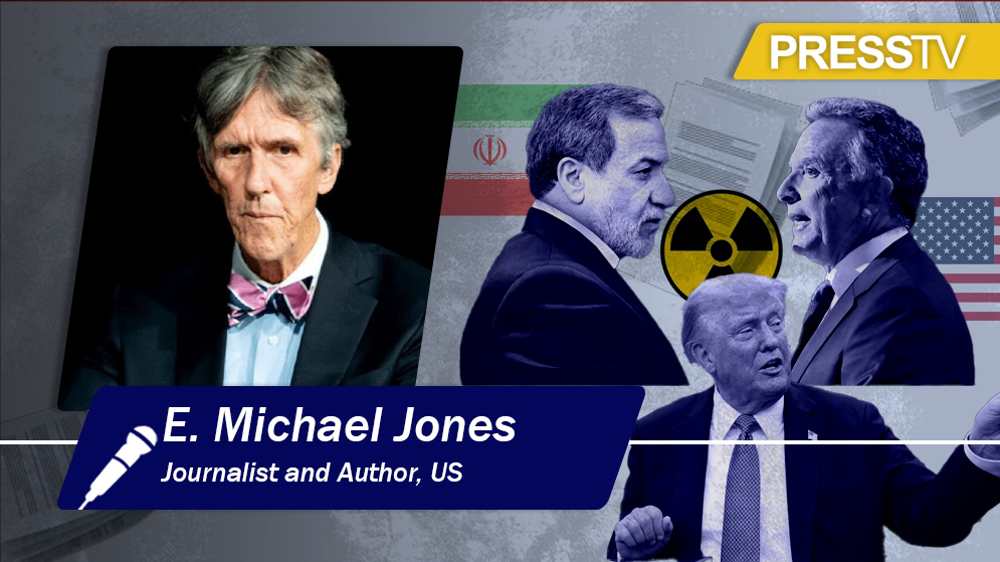



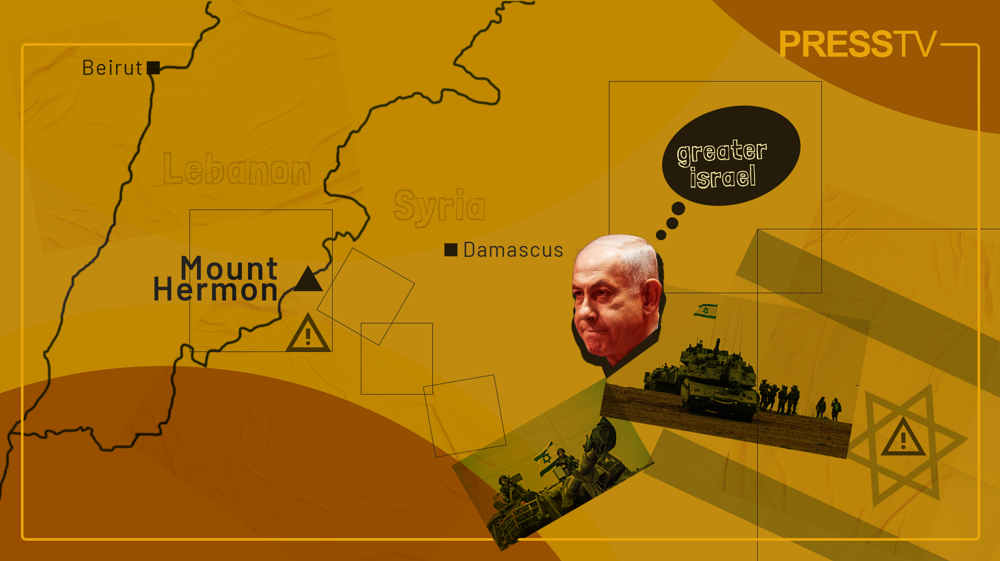
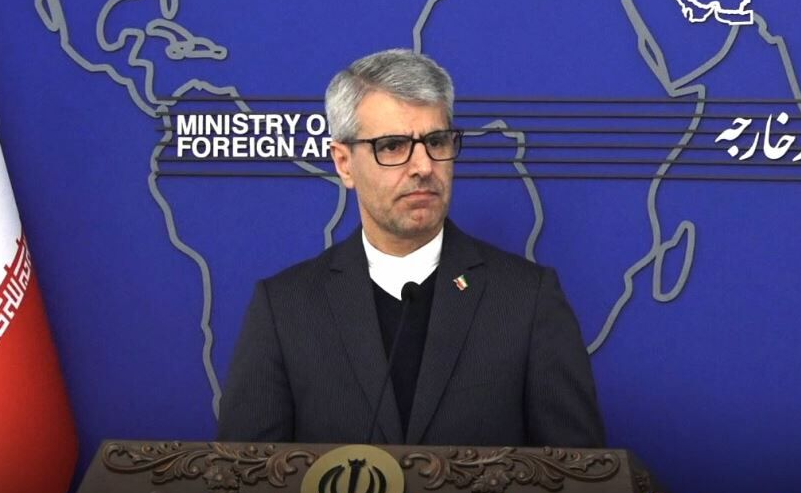




 This makes it easy to access the Press TV website
This makes it easy to access the Press TV website